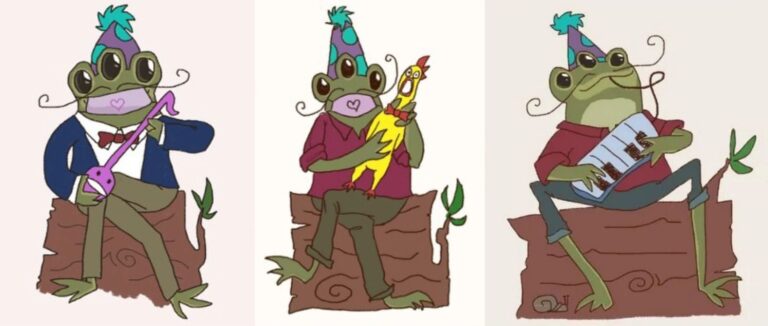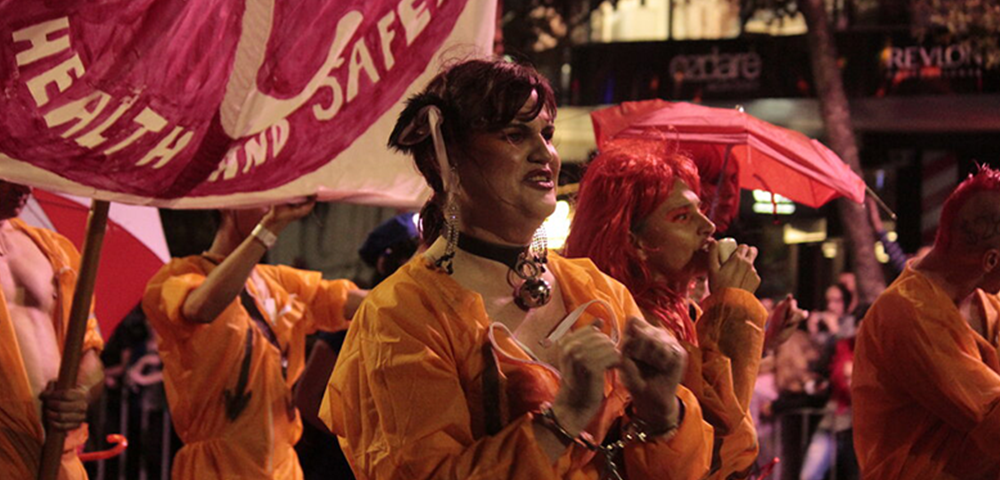

THE first 100 days of the Abbott government has certainly been interesting. The merits of the government’s actions are being closely examined by their admirers and adversaries alike, and diverging public opinions about their activities are likely to continue for some time.
From a workplace diversity perspective, the paucity of women in the federal cabinet and the reintroduction of the old argument about their lack of ‘merit’ (even though this concept is slowly being discredited in workplace and business circles) sends some strong messages about respect for diversity. As does the continuing denial of the Prime Minister to allow members of his government a free vote on same sex marriage.
But no message is stronger than the stated intent of the Attorney-General to repeal section 18C of the federal Race Discrimination Act (RDA).
Why should LGBTI communities be worried about this?
To be clear, I support free speech. I support the right of everyone – in print, in art, in public demonstration and specifically, in public life – to express opinions and participate in community debate. But in public life, with this right comes responsibility.
I have worked exclusively in workplace diversity for over 15 years. I understand that workplace policies and procedures (in large, regulated workplaces) and the common law (in others) influence the environments we work in, and often determine whether or not we can flourish at our chosen workplaces. These protections have their legal basis in the various Acts of the Human Rights Commission (and in their state-based equivalents) that protect all of us from being victims of discrimination and harassment at work.
If the RDA is amended to remove section 18C that makes it unlawful to offend, insult, humiliate or intimidate another person or a group of people because of their race, does that mean that words like ‘wog’, ‘gook’, ‘slope’, ‘kike’ or ‘coon’ become acceptable in the course of the working day or night?
What next? Will equivalent sections of the Sex Discrimination Act be repealed so that describing a co-worker as a ‘slut’, ’hag‘, ’silly cow‘ or ’bitch’ is not deemed to be offensive?
It is pretty clear where this could be heading for the LGBTI community. Hard-won recent law reforms to protect LGBTI people and their families from discrimination at work are looking increasingly precarious.
But even if it’s only the RDA that’s amended, there will still be implications for all of us in terms of what is generally acceptable in the workplace. I mean, really, if ‘Abo’, ‘coon’, ‘dago’ or ‘slope’ are ok, the inevitable question from some quarters will be why are ‘the gays’ being so sensitive?
I understand workplace banter and that industries and workplaces have cultures where it is accepted that people have different ways of expressing themselves, and everyone feels comfortable. But my experience also tells me that it only takes one new staff member, one new manager or one merger or acquisition for all of this to change. What’s light-hearted banter one minute can become racist, sexist or homophobic bullying the next.
The current system has worked effectively since 1994, when the current wording of the RDA was inserted at the behest of the Jewish community in response to some acts of racial hatred.
In my work in workplace diversity, I have never heard of anyone being upset because the current framework designed to ensure courtesy is stifling their capacity to exercise their right to free speech at work. We are not paid to be rude to people or hurt them deliberately. As employees, we are paid to work as well as we are able, and allow others to do the same.
The government’s action on this issue is a direct response to columnist Andrew Bolt being found to have breached the law by deliberately setting out to “offend, insult, humiliate or intimidate” a group of light-skinned Aboriginal people by challenging their identity in his column, in public life.
But the proposed legislative response will, if successful, have a far-reaching effect beyond the Bolt case, with implications for workplaces across the country.
This is not about political correctness gone mad. As a highly-experienced workplace diversity practitioner, I believe it is fundamentally about decency and good manners. And about exercising the responsibility that goes hand-in-hand with the right to exercise freedom of speech in the media.
So, before you get into an argument defending Bolt’s right to free speech, think about it. Think about the fabric of this society, and how you want to be treated and respected. Especially at work.
This is the personal opinion of the author and does not necessarily reflect the views of DCA or its members. Nareen tweets @nareenyoung










Ever heard of Golden Dawn???
Our correspondent makes several egregious errors of logic, the worst of which is that legality is equivalent to acceptability. The racial epithets she lists have never been acceptable during the 40 or so years of my adult life. It was only recently, to my surprise and disgust, I found they were now also illegal.
So I take it you agree that everyone has the right to say that a person who is 1/128th Aborigine and who is a professor of Aboriginal Studies at a university, may have only the got the job (as Aboriginal identified) on the fact they were 1/128th Aboriginal ???? In other words, they don’t recognise 127th or their 128th heritage.
A word is not powerful, it’s just a word! But that’s not true is it? It has content context and consequences. The latter real and impacts realized through suicide rates of people bullied, hate organizations proliferating on social media, etc
Our government knows the power of words when they made the deliberate decision to refer to refugees as illegals, to dehumanize, this was not a random act.
We can morally take the high road, freedom of speech for all, even negative hateful bigoted speech, we can ignore the impact, we are in the right?
In my humble opinion wrong. This section has only been used once since it’s inception, against Andrew bolt, a worthy cause. Freedom of speech, pffft, only when as a society we can handle it!
Karen,
So, on what basis are you, personally, fit to judge what ‘society’ can and can’t handle? What makes you, personally, a person fit to judge what opinions others should, or should not, be permitted to express?
Bear in mind, this ‘we’ you refer to is a collection of freely interacting individuals. ‘Society’ is an abstract concept with no concrete existence.
BTW, without referring to wikipedia (or any other source), are you able to explain what it was that Bolt said? Is your comment based on knowledge, or personal and uninformed dislike?
Nareen,
“Will equivalent sections of the Sex Discrimination Act be repealed so that describing a co-worker as a ‘slut’, ’hag‘, ’silly cow‘ or ’bitch’ is not deemed to be offensive?”
You are eliding two very different and unrelated concepts here. Those terms are, and will remain, offensive, regardless of their legal status. the issue is whether, as well as being offensive, they should be illegal.
If you are aware of the difference between the two concepts than what you wrote is intellectually dishonest. If you were not considering the difference when you wrote that, then you were being intellectually sloppy. Either way, what you wrote is invalid – modifying the act to change the legal status of those terms will not affect the reality that they will continue to be offensive, and would have been unacceptable in any workplace I have ever been in.
Noam Chomsky said: “If we don’t believe in freedom of expression for people we despise, we don’t believe in it at all.”
If you do not support the right of your most bitter enemy to express opinions you loath, then you are no supporter of free speech. To claim, I believe in free speech, but…, is to claim the kudos, to prance and preen, but to reject the core, the essence, of the concept.
Supporting the right of people to say things you agree with is the easiest thing in the world. Supporting the right of others to spread ideas you find repugnant requires a deep commitment to principles first, and warm fuzzy feelings last.
Pleasant speech needs no protection, only speech you find offensive is in need of it.
This column can be summarised by the following sentence, “I respect your right to free speech but only if it agrees with my vision of how thngs should be”. You either defend free speech or you want to control what is said. Section 18C stifles free speech. People should be free to offend and be offended. Andrew Bolt was correct in asking why these “White Aboriginals” are drawing on funds set aside for the betterment of genuine Aboriginals. This situation should be challenged. Don’t shut him down, argue your case.
Thank you for providing some sanity